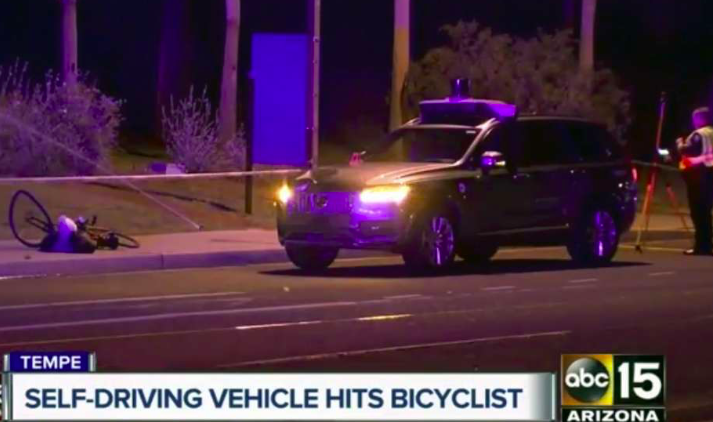A bill in Congress to allow large numbers of self-driving cars on American streets needs substantial revisions to protect people inside and outside of autonomous vehicles, says a coalition of consumer and public safety organizations.
The legislation, known as AV-START, would pre-empt existing motor vehicle safety regulations at all levels of government with a new federal standard for assessing each model of autonomous vehicle. AV manufacturers would each be able to put 100,000 vehicles on public streets within three years of the bill's passage.
While acknowledging that self-driving cars have the potential to be safer than human drivers, advocates say the bill lacks necessary protections to guarantee the vehicles are as safe as they should be. William Wallace, policy analyst for Consumers Union, has said the bill would let AV manufacturers treat people as "guinea pigs."
An Uber car in self-driving mode killed Elaine Herzberg, who was walking her bicycle across the street, in Tempe this March. The crash raised questions about the adequacy of AV technology to detect and avoid pedestrians and cyclists.
The National Transportation Safety Board is investigating that crash, and advocates are pressing the Senate to pause the AV-START bill until the agency has released its conclusions. Dozens of organizations, including the American Public Health Association, the Emergency Nurses Association, Consumer Federation of America, and several bicycle advocacy groups, have signed on [PDF].
Their letter also lays out several revisions to the AV-START bill to protected public safety, including:
- Requiring a "vision test" each AV model proving it can detect distant objects, including pedestrians.
- Rules against "distracted driving" for back-up safety drivers. (The back-up driver in Herzberg's death was not looking at the road immediately prior to the collision.)
- Mandatory disclosure by AV companies of data recorded during collisions.
- Reducing the number and scope of existing federal safety standards AVs are exempt from.
- Allowing state safety regulations to apply to AVs.
Unlike in the House, AV START has met some resistance in the Senate. However, consumer groups warn the legislation could be attached to an aviation bill coming up for consideration in the next few weeks.
Automotive News reports that AV lobbyists have been targeting five senators who have yet to sign on to the bill, led by California's Dianne Feinstein.






